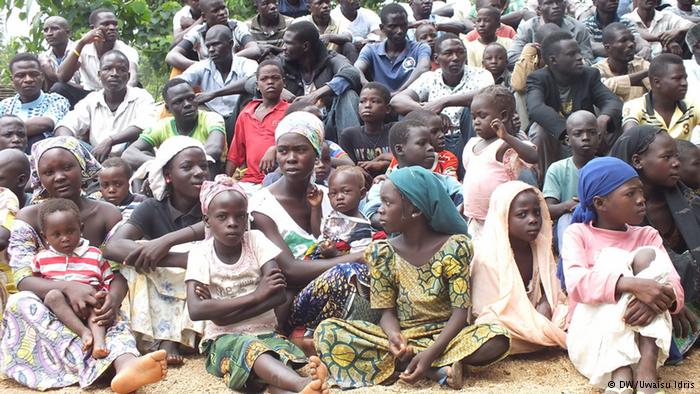The number of Nigerians that are poor have been estimated to be 82.9 million people, according to the latest Poverty and Inequality report released by the National Bureau of Statistics.
According to the Nigerian Living Standards Survey (NLSS) report released by the NBS covering the year 2019, 40.1% of Nigerians are classified as poor by national standards.
Further details provided in the nation-wide survey report show that Northern states in Nigeria rank poorest. According to the report, 9 of top 10 poorest states in Nigeria ere from the norther region with Sokoto, Taraba and Jigawa being the poorest.
The summary report also shows that 52.1% of rural dwellers in Nigeria are poor, while only 18.04% of urban dwellers are classified as poor. According to NBS, on average, 4 out of 10 individuals in Nigeria has real per capita expenditures below N137,430 per year, which translates to N376.5 per day.
The Nigerian Living Standards Survey (NLSS) is the official survey that is the basis for measuring poverty and living standards. Between September of 2018 and October of 2019, the National Bureau of Statistics conducted the latest round of the NLSS after a decade.
It is representative at the state level with a sample size of 22,110 households, focusing on increasing household and individual demographics (age, gender, marital status, among others), access to education, health and basic services, employment, assets, and income. The survey is used to measure prevalence of poverty and to estimate a wide range of socio-economic indicators including bench-marking of the Sustainable Development Goals.

 Health5 days ago
Health5 days ago
 Entertainment6 days ago
Entertainment6 days ago
 Crime5 days ago
Crime5 days ago
 Education7 days ago
Education7 days ago
 Health7 days ago
Health7 days ago
 Comments and Issues6 days ago
Comments and Issues6 days ago
 Football6 days ago
Football6 days ago
 Latest6 days ago
Latest6 days ago

